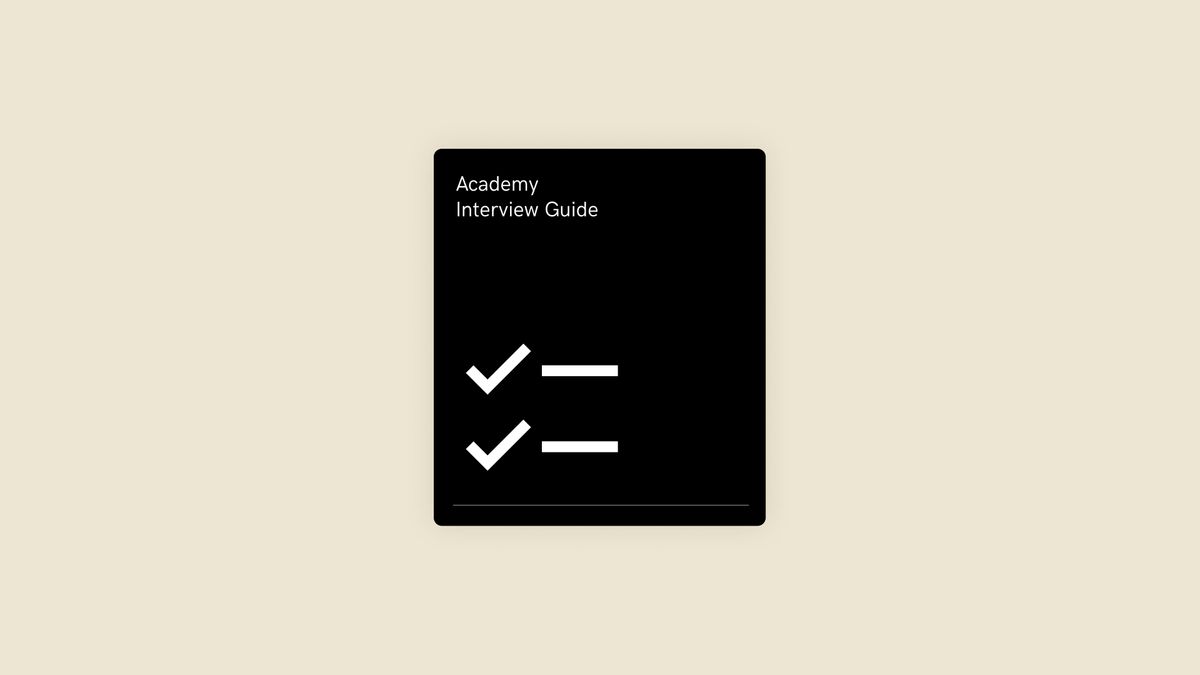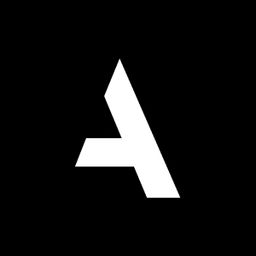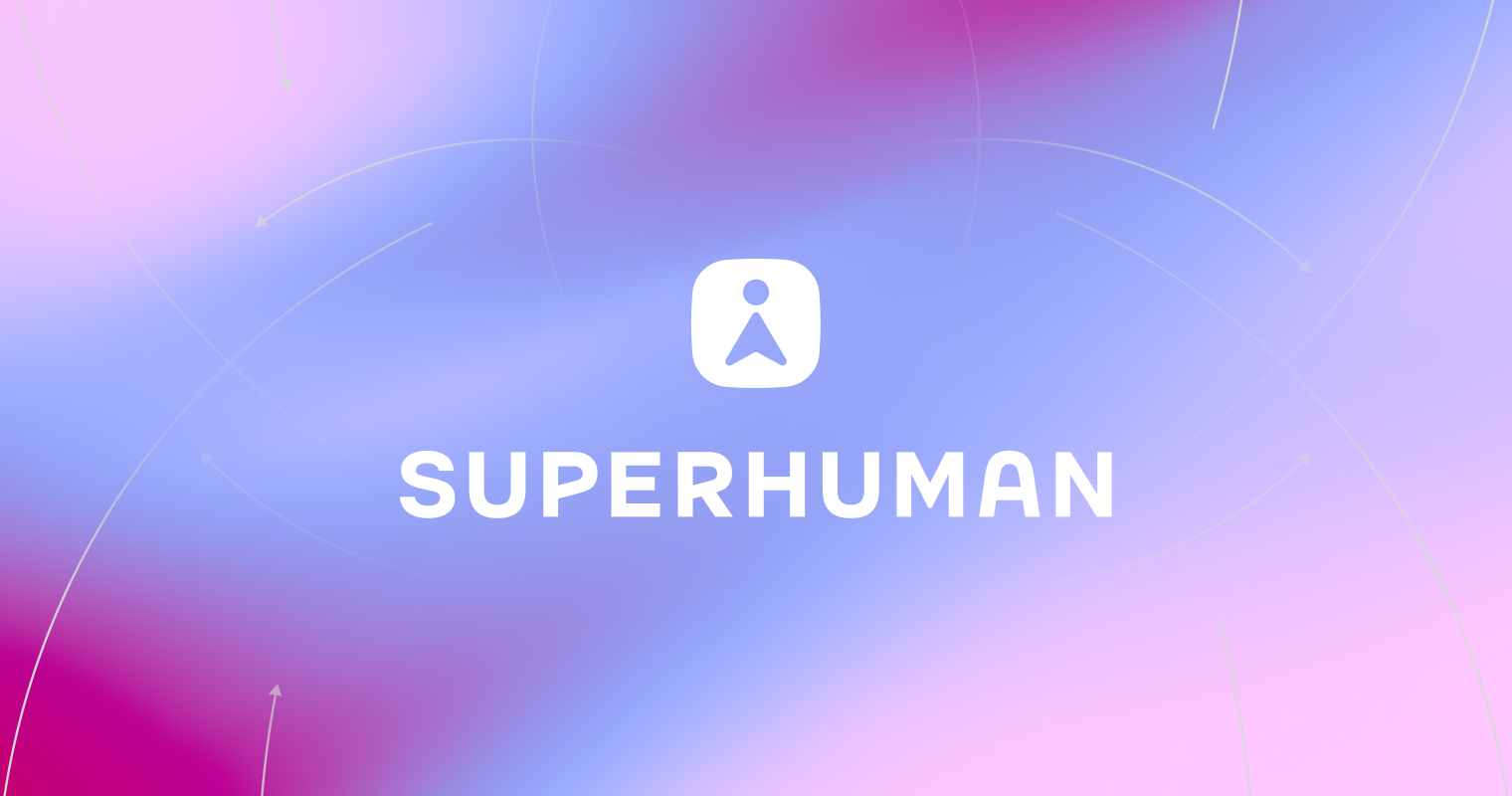Navigating the Job Search: A UX Professional's Guide to Mastering the Phone Screen
Master your UX job search with essential tips for acing phone interviews and securing your dream role in the dynamic world of UX

Introduction
We all know that finding jobs in UX is no small task. Embarking on a job search can be daunting. This guide aims to simplify this process by providing essential interview advice and tips for acing the phone screen, a pivotal step in getting a job in the dynamic world of UX.
Who You Might Be Talking To
In all likelihood you are going to be speaking with a recruiter for your first phone screen. While some recruiters will understand your role and the team needs deeply. Not all recruiters are created equal. Either way make sure you treat this person with a deep sense of respect and kindness as they are likely the gatekeeper to this role and their recommendation can sell a hiring team on your candidacy.
Make their life easier by having prompt communications. Share important info like resumes, LinkedIn URLs, portfolio links, passwords. This will help them be prepared for your chat.
And of course, after your call always follow up and send a personalized thank you note!
Understanding Your Motivation in the Job Search
Understanding the "What Brings You to the Job Market?" Question
- Reflecting Motivation: When an interviewer asks this key job interview question, they're seeking insight into your career drivers. Your response should articulate your reasons for seeking new job opportunities. Perhaps you're looking for more challenging projects, a company with a strong UX focus, or opportunities for professional growth.
- Aligning with Job Description: This question is also your chance to demonstrate how your resume skills and career goals align with the job description. If the role emphasizes skills like user testing or interaction design, explain how your experience and interests fit. Use specific examples from your past work to show a clear connection between your abilities and the job requirements.
- Incorporating Keywords: Researching the job description thoroughly can provide you with valuable keywords that the organization values. Integrating these keywords into your response not only shows that you have a good understanding of the role but also that your professional vocabulary aligns with the company's.
Being Candid About Your Career Goals
- Honesty in Career Aspirations: It's crucial to be honest about your career goals. If you are interviewing for a UX Researcher position but your passion is in Product Design, it's important to acknowledge that. Misrepresenting your career interests might land you the job, but it could lead to dissatisfaction and performance issues in the long run.
- Seeking the Right Fit: Focus your job search and applications on roles that genuinely excite you and align with your career aspirations. If you're more passionate about Product Design, tailor your job search and applications towards these roles. This ensures that you are applying for job opportunities where you can be genuinely enthusiastic and where your skills are a natural fit.
- Discussing Long-term Goals: If you're applying for a role that isn't an exact match for your ultimate career goal, it's still important to be transparent. For example, you can express your interest in starting as a UX Researcher with the hope of evolving into a Product Design role. Many companies appreciate such ambition and may offer opportunities for growth and development in your desired direction.
- Balancing Aspirations and Realities: While it's important to pursue roles that align with your passion, also be realistic about the opportunities available and your current qualifications. Sometimes, starting in a related role like UX Research can provide valuable experience that will benefit you as a Product Designer in the future.
Developing Your Narrative: Showcasing Relevant Experience and Projects
Create a structured narrative around your career journey, focusing on key milestones that have shaped your professional life. This story should be engaging, succinct, and no longer than 10 minutes. It’s not just about listing your experiences; it’s about weaving them into a coherent story that highlights your growth and achievements in UX.
Be sure to review the following criteria as you think about developing your story:
Evaluation Criteria for UX Professionals in a Job Search
As you prepare for interview questions, consider the following core competencies and behaviors:
- Professionalism: Display clear communication, courtesy, punctuality, and professionalism.
- Leadership: Leadership experience, mastery of UX disciplines, and a balance of confidence and humility.
- Collaboration: An open-minded approach, actively improving the team, and a growth mindset.
- Communication: Effectively use storytelling in presenting work and articulating complex UX concepts.
- Adaptability: Share experiences in fast-paced environments and demonstrate flexibility in working styles.
- Cultural Contributions: Provide examples of challenging the status quo and enhancing workplace culture.
- Growth Mindset: Continuous learning, adapting to new environments, and embracing new experiences and tools.
You can read more about it below:

How to Tell a Great Story in Your Phone Interview
- Aligning with the Job Description: Before crafting your story, study the job description closely. Identify key skills, experiences, and qualifications the employer is looking for. Tailor your career story to emphasize aspects of your experience that align with these requirements. For example, if the job emphasizes user research, highlight specific projects where your research made a significant impact.
- Highlighting Key Projects and Roles: Select a few significant projects or roles that best demonstrate your qualifications for the position. Discuss the challenges you faced, the actions you took, and the results of your efforts. This approach showcases your problem-solving skills and your ability to drive positive outcomes.
- Demonstrating Progression and Growth: Your story should also reflect your professional development. Show how each role or project contributed to your growth as a UX professional. This narrative should convey a sense of upward trajectory, showcasing how you’ve evolved and what you’ve learned along the way.
- Incorporating Personal Insights: While focusing on professional achievements, don’t hesitate to include personal insights that have influenced your career path. This might include pivotal moments, mentors who have guided you, or specific experiences that ignited your passion for UX. These personal touches can make your story more relatable and memorable.
- Practicing Your Delivery: Rehearse your story to ensure it flows well and fits within the 10-minute timeframe. Practice will also help you deliver it confidently and naturally. You might even record yourself to evaluate your pacing, clarity, and engagement.
- Being Adaptable: While it’s important to have a well-rehearsed story, be prepared to adapt it based on the flow of the interview. If the interviewer seems particularly interested in a certain aspect of your experience, be ready to delve deeper into that area.
- Ending with Your Current Job Search: Conclude your story by explaining why you are now in the job market and how this particular opportunity aligns with your career aspirations. This brings your narrative full circle and directly ties your past experiences to the potential future with the employer.
Discussing Availability and Professional Expectations in Your Job Search
Transparency in Your Current Job Search Status:
- Active Interviews: If you're actively interviewing elsewhere, be honest about it. Mention if you are in the advanced stages of the interview process with other companies. This honesty helps potential employers understand your timeline and urgency.
- Start Date Preferences: Clearly state your preferred start date. Whether you're ready to begin immediately or have future availability, being upfront about your timeline helps align expectations and can expedite the hiring process.
- Salary: Do your research, there are lots of tools to help you understand a salary range appropriate for your skill level. Come up with a range you are comfortable with and even a target number you will be happy with. Knowing your worth shows confidence and makes you a more desirable candidate. It will also allow you to lead the negotiations. Just don't anchor yourself too low. We always recommend this book to folks to instill confidence: Never Split the Difference by Chris Voss
Communicating Expectations for Freelance Roles:
- Availability: If seeking freelance work, specify your current availability. Are you available for full-time hours, or do you have limited time slots? This information is vital for planning and project allocation.
- Contract Duration: Be clear about how long you're able to commit to a contract. Whether you prefer short-term projects or are open to long-term engagements, this clarity helps align your goals with potential opportunities.
- Hourly Rate or Salary Expectations: Transparently communicate your expected hourly rate or salary range. This openness ensures that both parties are on the same page financially and can save time by focusing on mutually beneficial arrangements.
Aligning Goals and Expectations:
- Discussing Mutual Fit: Express your criteria for an ideal job match. This might include company culture, project types, team size, or growth opportunities. Understanding what you value in a role helps potential employers gauge how well you align with their organization.
- Negotiating Terms: Be prepared to discuss and negotiate the terms of your potential engagement. Whether it's flexibility in hours, remote working options, or contract length, a clear conversation about these aspects upfront can lead to a more satisfactory and efficient hiring process.
Conclusion: Leveraging the Phone Screen in Your UX Job Search
The phone screen is a critical opportunity in your job search, allowing you to showcase your unique value as a UX professional. Preparing for these key areas, including asking the right interview questions and providing interview advice, can demonstrate not only your suitability for the role but also your potential to significantly contribute to the organization's future.



